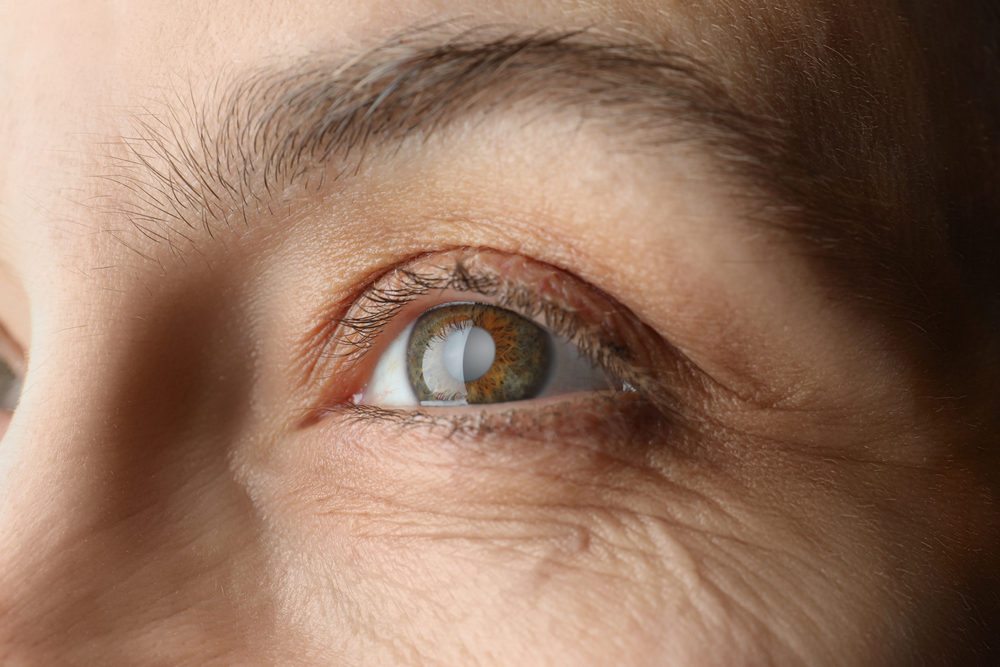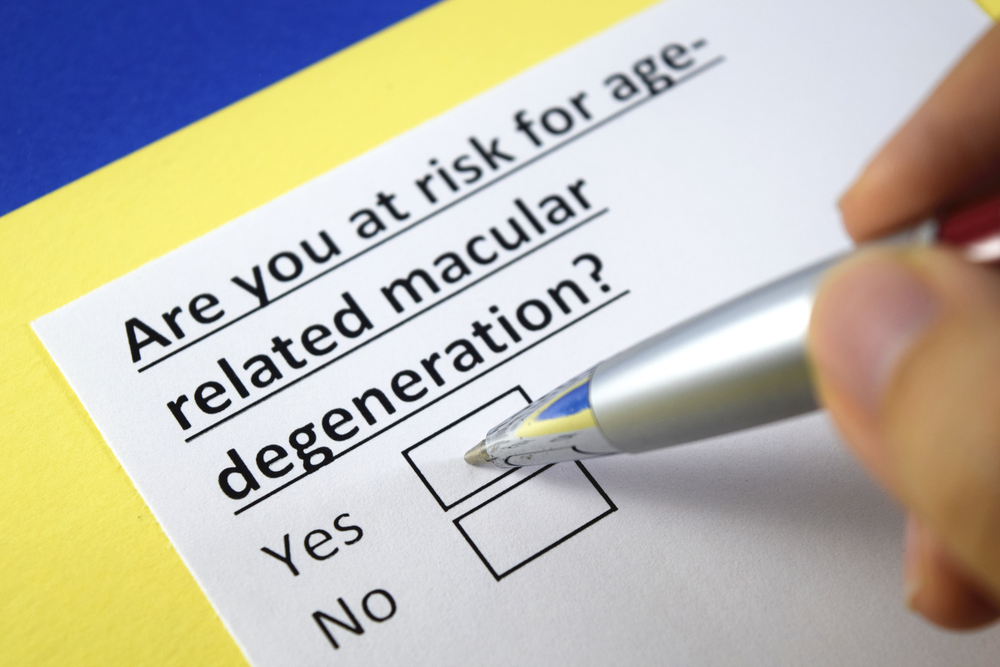As you get older you may notice that your eyes are both looking and functioning differently. These age-related changes are a common part of the aging process. If you are wondering what to expect from your eyes as you get older, then this article is for you. Here, the expert team at Wiles Eye Center discusses seven ways your eyes change as you get older.
1. Presbyopia
Presbyopia is the age-related loss of near vision. It occurs due to a loss of the eye’s lens flexibility. A common symptom of presbyopia that people notice is the need to hold reading material at arm’s length because their vision is blurred at normal reading distance.
2. Cataracts
Normally your eye’s lens is clear. However, as you age the proteins in the lens begin to break down. When the proteins clump together this can cause cloudiness of the lens called a cataract. Age-related cataracts can begin to develop when a person is in their 40s or 50s.
Cataracts are a leading cause of vision loss and blindness. While cataracts may be a natural consequence of aging, they can be removed via cataract removal surgery.
3. Age-Related Eye Diseases
There are a number of eye diseases that become more common as a person ages. These diseases can change your eyes and impact your vision. Some of the most common diseases that can occur as you get older include the following:
4. Decreased Color Vision
The retina is responsible for color vision. As a person ages, the cells that are responsible for color vision can deteriorate. This can impact your color vision. Over time you may notice that colors are less bright and that you are less able to distinguish between colors.
5. Dry Eye
As a person ages, the quantity and the quality of their tears can decline. This can lead to dry eye. Dry eye is especially common among those over the age of 50. If you are experiencing dry eye, you should explore your dry eye treatment options.
6. Reduced Pupil Size
Aging can impact the size of a person’s pupil. As a person ages, it is common for muscles to lose strength. This includes the muscles that control the pupil size. This can make the pupils smaller and less responsive to light changes.
7. Droopy Eyelids
Ptosis is a condition where one or both eyelids droop. This can interfere with vision and the appearance of the eyes. A common treatment for droopy eyelids is eyelid surgery.
Schedule an Eye Exam
As you age it is important to schedule regular eye exams. Schedule your eye exam today by contacting Wiles Eye Center. Fill out our online contact form or call our St. Joseph, Missouri office at (816) 279-7015 or our Kansas City, Missouri office at (816) 455-2020.
The post 7 Ways Your Eyes Change as You Get Older appeared first on .
from https://perfect2020.com/7-ways-your-eyes-change-as-you-get-older/
via https://perfect2020.com/
 The eye’s natural lens is normally clear. The lens bends incoming light and focuses it to help you see. A clear lens facilitates crisp, clear vision.
The eye’s natural lens is normally clear. The lens bends incoming light and focuses it to help you see. A clear lens facilitates crisp, clear vision. The macula is located at the back of the eye. It is part of the retina and is responsible for your central vision, most of your color vision and seeing fine details.
The macula is located at the back of the eye. It is part of the retina and is responsible for your central vision, most of your color vision and seeing fine details.